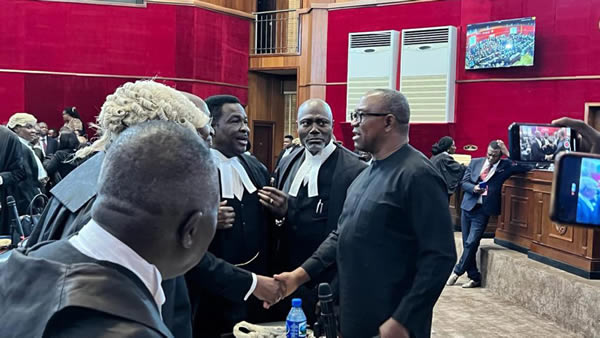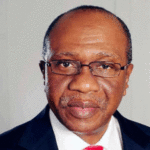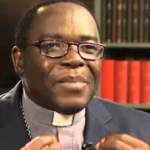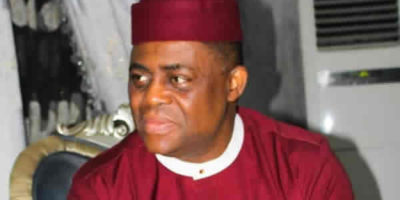A Nation Grapples with Uncertainty: Revisiting the Debate between a Rerun and a Reset

By Jude Obuseh
As the gavel of Nigeria’s Presidential Elections Petition Tribunal (PEPT) hovers on the brink of delivering its historic verdict, a nation stands on the precipice of a monumental decision. The ever-present question reverberates through conversations, newsstands, bars, and communal gatherings: will Nigeria witness a potential rerun of the elections, or is it time for a definitive reset?
The anticipation in the air is palpable. Citizens from all walks of life, regardless of their political allegiance, share an inherent longing: the yearning for their voices to echo resoundingly through the sanctity of the ballot box. It is a desire rooted in the core tenets of democracy – a demand that their votes hold sway, and their collective choice shapes the path their nation treads.
At the heart of this yearning lies a fervent aspiration for unencumbered suffrage. Nigerians want their votes to be not just symbols etched on paper, but pivotal agents of change in the tapestry of their country’s governance. The cherished concept of democracy, where the power rests with the people, should flourish unimpeded by the looming shadow of judicial intervention.
The thought of a possible rerun raises complex questions that intertwine fairness, transparency, and legitimacy. Would a new round of elections truly rectify the perceived flaws of the previous process? Or would it inadvertently offer a second chance to those who failed to secure the trust of the majority? A rerun could potentially invite skepticism and cynicism, as citizens grapple with the idea of a prolonged and repetitive democratic exercise.
On the other hand, a reset signifies a departure from the controversies and uncertainties that have cast their shadow over the political landscape. It embodies a fresh beginning, unburdened by the legal intricacies that have marked the election aftermath. Yet, it too poses its own challenges. A reset could potentially stifle dissenting voices that believe in the fundamental principle of contesting election results through the due process of law.
As Nigeria stands on this crossroads, a broader debate unfolds. Beyond the immediate question of a rerun or reset, lies a deeper inquiry into the robustness of the electoral system itself. Can the nation rely solely on the sanctity of the ballot box to translate the collective will of the people into a tangible leadership? Should the judiciary bear the heavy responsibility of determining the fate of the nation’s political course, or must there be a more equitable distribution of power between the various branches of governance?
The answers are not simple, for they dwell at the intersection of tradition and progress, of precedent and innovation. What is undeniable, however, is the collective hope that emerges from the heart of every Nigerian – the yearning for an electoral process that exemplifies fairness, transparency, and inclusivity.
As the tribunal inches closer to the momentous pronouncement, the nation braces itself for the waves of change that might follow. The verdict, whatever it may be, will resonate through history as a testament to Nigeria’s commitment to democratic values. The fate of the nation rests not just in the hands of the judges, but in the collective consciousness of a people who seek to chart their own destiny, where the power of the vote is not just a notion, but a resounding reality.
Jude Obuseh is the Executive Director of Conflict Prevention and Peace Building Initiative, CPPBI.

Justin Nwosu is the founder and publisher of Flavision. His core interest is in writing unbiased news about Nigeria in particular and Africa in general. He’s a strong adherent of investigative journalism, with a bent on exposing corruption, abuse of power and societal ills.













